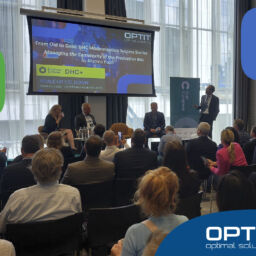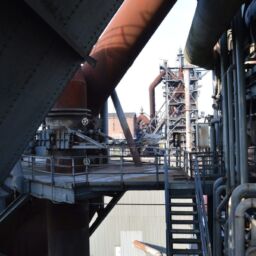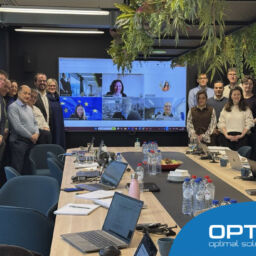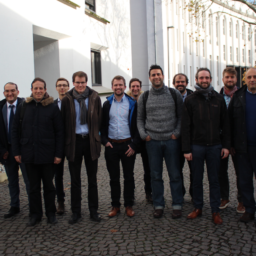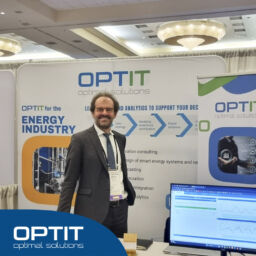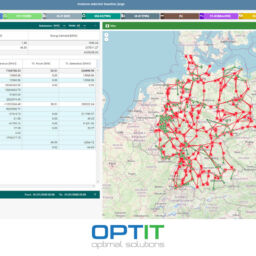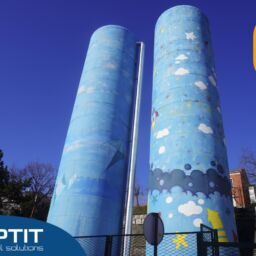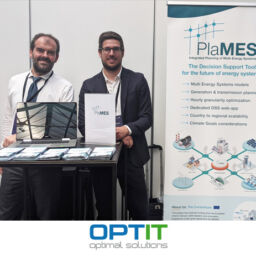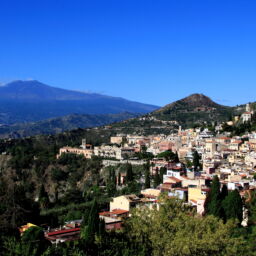It would be nice if the projections of CMIP6 (the model used to predict climate change effects) were wrong but, thanks also to our experience with models and data, we recognize that the margin of error is very thin. The IPCC analysis leave no room for doubt, and in some scenarios the urgency is clear, the actions need to be taken immediately but there is a very high risk that the current crisis further delays the necessary change process.
As a company we act often as a bridge between research, the business world and public bodies, so we are well aware of the difficulties that separates the scientific and theoretical sphere from everyday life. Only when all the different actors: institutional, economical and technical together with the citizens are able to operate in the same direction, it will be possible to take concrete actions to curb the climate change in progress.
The PlaMES project aims to create a web app (built from the development of various G & TEP family models-Generation and Transmission Expansion Planning) which allows institutional decision makers, and in general users without computer or mathematical skills, to analyze a multi-energy system. The generated tool will consider as input variables: energy demand of a territory, generation technologies, conversion units, storages, environmental constraints and will optimize decisions based on them. PlaMES is being built as an application that will be as easy to use as possible, in order to make the complexity of data and variables intelligible.
Optit is one of the 4 pillars that make up the PlaMES project, in particular our company is responsible for the DSS (decision support system) that acts as a bridge between the models developed and the future user, thanks to the creation of a simple user interface for easier and more immediate understanding of the results and input manipulation in case of new scenarios.
The PlaMES project, funded under the Horizon 2020 program, started in 2019 and will finish at the end of this year. Despite the pandemic, the teams continued to work and the release of the first Beta has already been achieved.
On 11 and 12 April, one of the last meetings between the project partners will be held in Bologna, at the Università degli Studi. It will be a moment to meet again and further cement the fruitful international collaboration that will bring to fruition an effective tool for the development of future energy policies.
Link to the latest news on the PlaMES project



